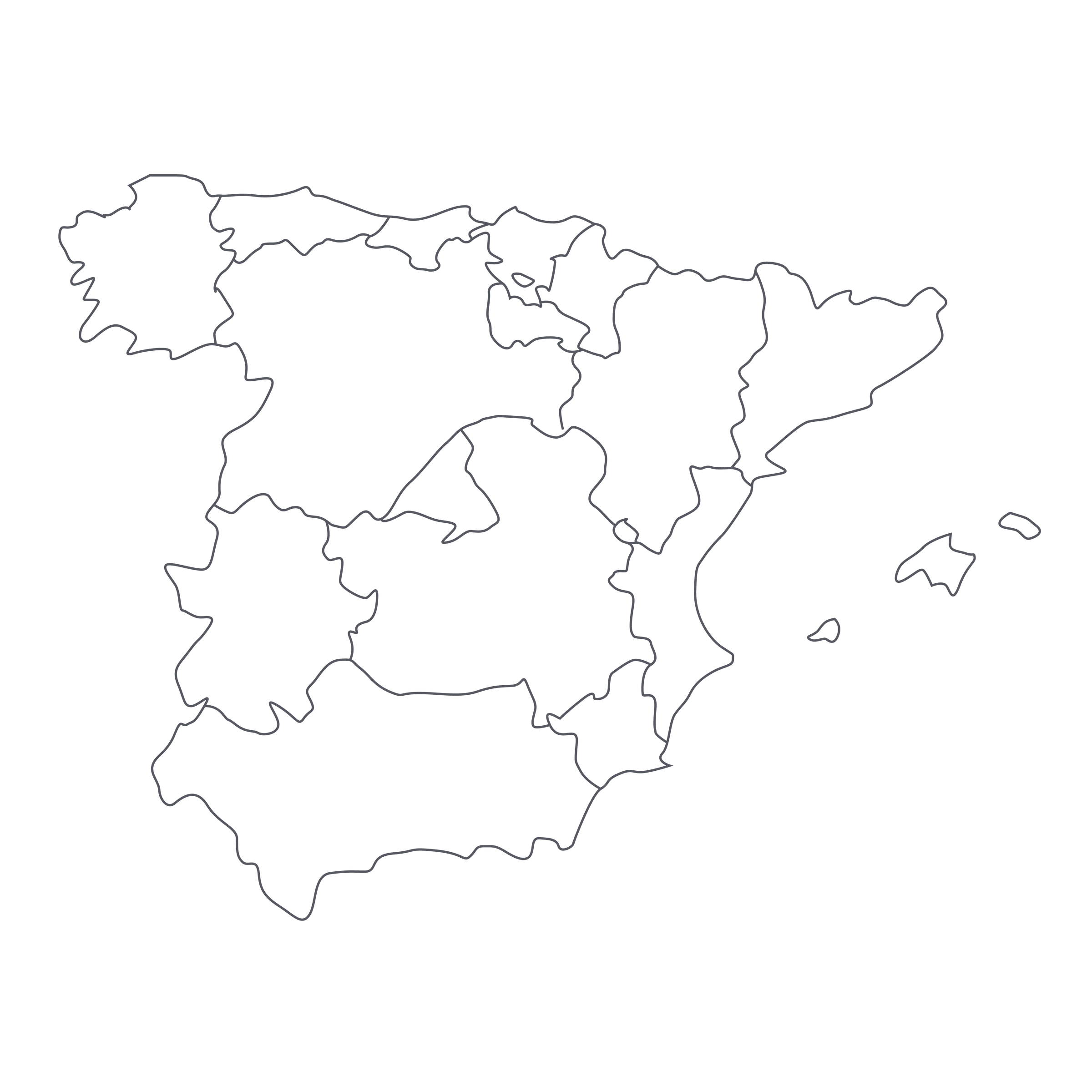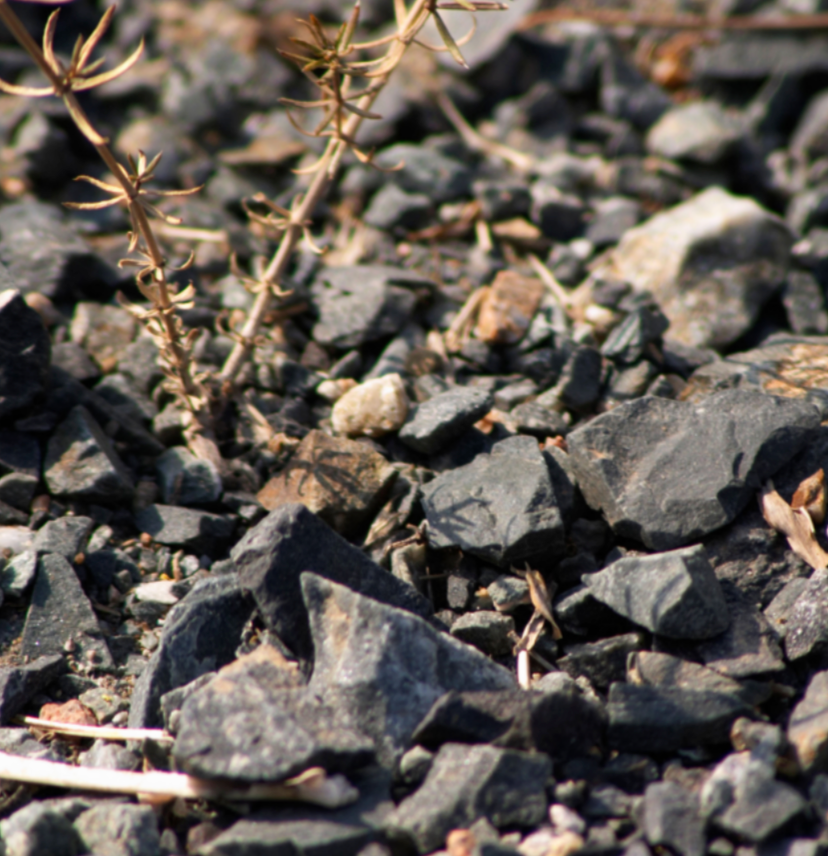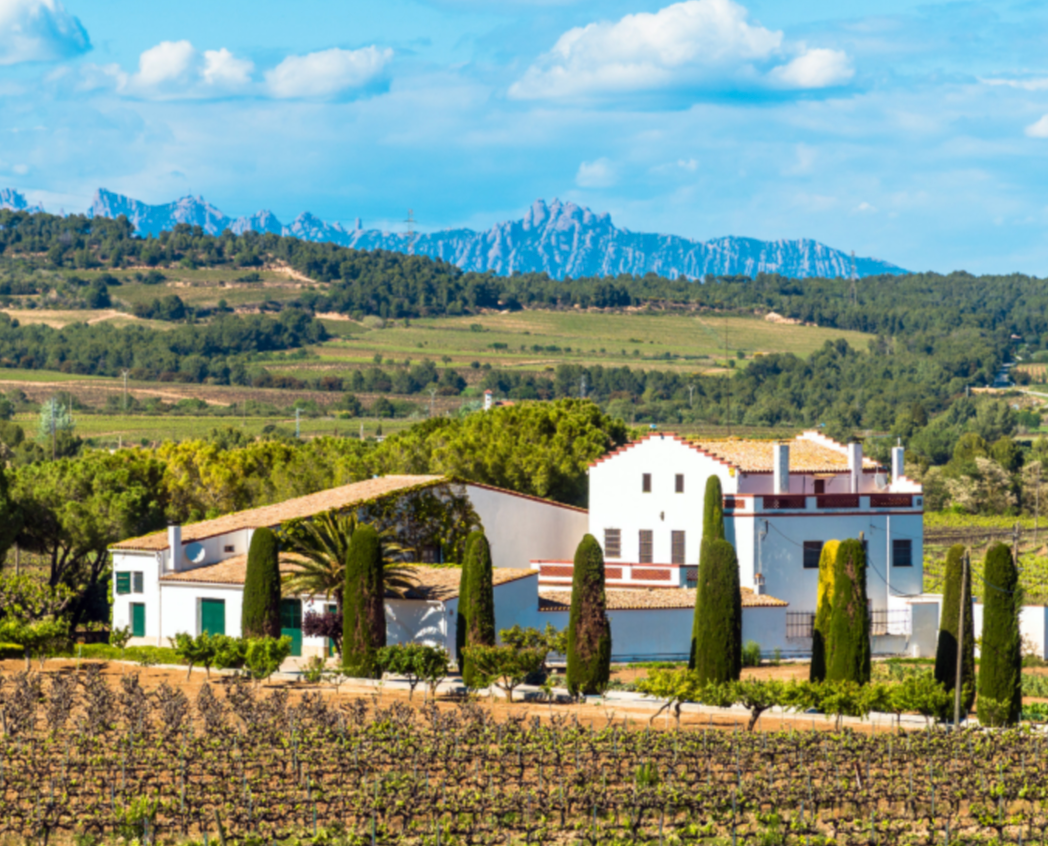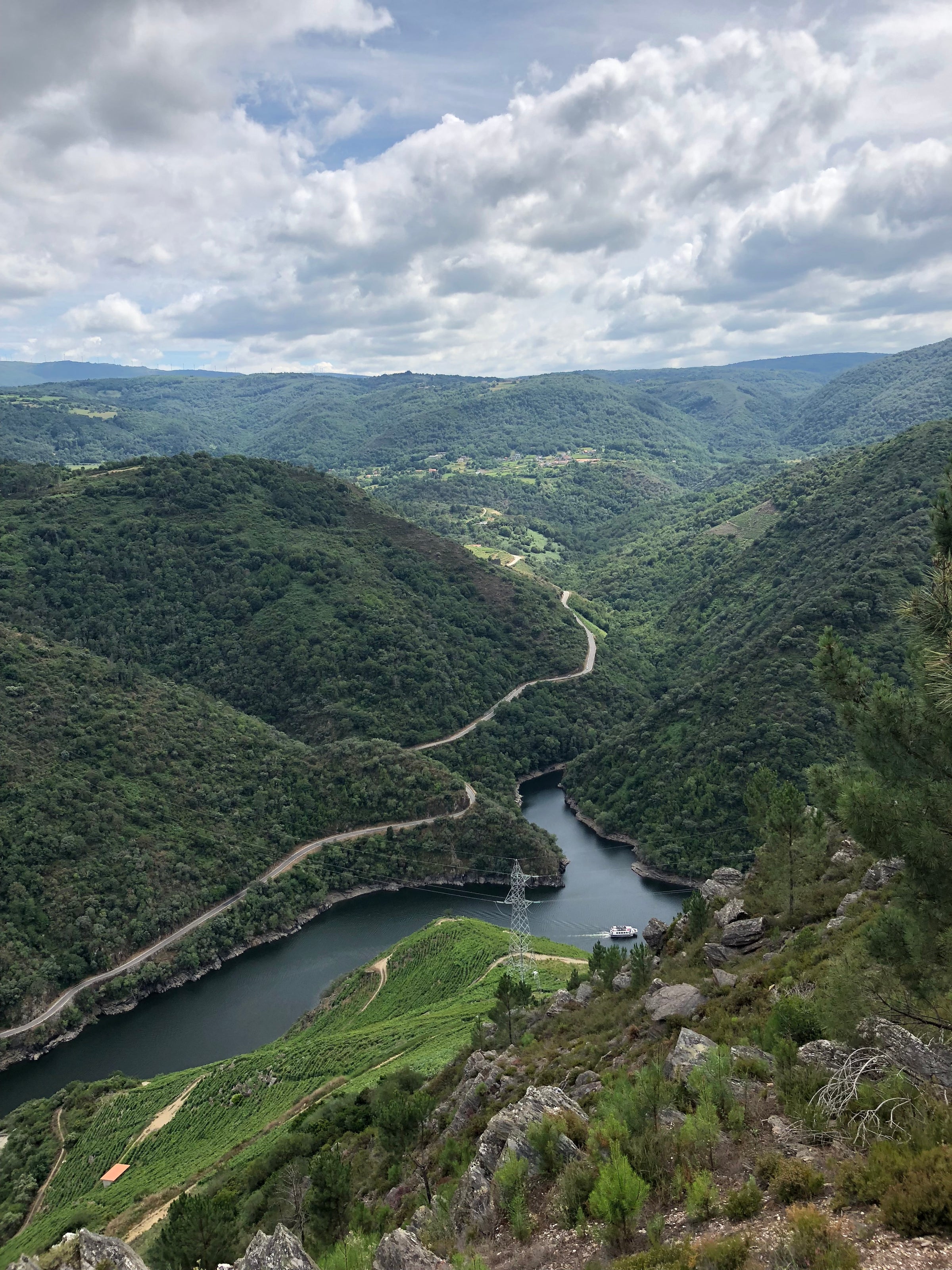I’m so fired up about sharing today’s wine, I couldn’t decide how best to narrow down the content of the accompanying email. I probably spent two hours editing and re-editing the same four paragraphs. Why? Because in rare instances, and today is most certainly one, I encounter a wine that checks every single box.
I call them “Renaissance Wines” because, simply put, they do it all: The backstory pulls you in like a great novel, the vines are ancient and perfectly suited to a singularly compelling micro-site, the winemaker is a region-defining legend, and quantity is so limited that every bottle becomes a special event. But, above all else, the wine must have an enveloping “sixth sense” that lifts me off my seat and teleports me to the terroir of origin. As you might imagine, there are very, very few wines of such caliber that don’t also cost a small fortune. Fortunately for us all, Raúl Pérez’ 2016 “Las Gundiñas” is one of the elite and shockingly fair-priced few. And to be clear, this is not a Spanish red for lovers of inky, 15.5% ABV, oak-y Garnacha or Tempranillo. It is built for those who lust after old-vine Saint-Joseph or long for the savory intrigue of top-tier Chinon. If that’s you, then hear me now: you MUST try this wine! A mere 200 cases were bottled and only a fraction thereof were imported to the US, so I don’t expect today’s offer to last!
Years ago, Raúl Pérez first entered my consciousness as “the next big thing” in Spanish wine. He was a clean cut, English-speaking go-getter with a midas touch in the cellar, earning monikers like “The Wizard” and an endless deluge of flattering press and superlatives from wine industry tastemakers. Pérez’s fragrant, detailed, elegant reds appealed to my then-French obsessed palate and the always-fair prices belied always-extraordinary quality. Pérez more or less put the Spanish growing region of Bierzo on the map, and he is credited with teaching the men behind neighboring Ribeira Sacra’s two most well-known estates, Guímaro and Algueira, how to make wine. So, it’s not unfair to say that the borderland area spanning Galicia and Castilla y Léon— arguably the “hottest” winemaking region in Spain today—would not be what it is without Pérez’s talent and tenacity in those early days. As his star has continued to rise, he’s taken on scores of different projects, including collaborations with fellow winemakers from all over the world—the Graillot family of the Northern Rhône; Eben Sadie of South Africa; and Dirk Niepoort in Portugal.
In recent years, much attention and praise has been given to Pérez’ two most famous and high-priced reds, “La Penitencia” (“The Penance”) and “El Pecado” (“The Sin”). That said, having recently opened a comprehensive line-up of his top wines, I feel strongly that today’s “Las Gundiñas” deserves to be mentioned in the same elite class—if not as the pinnacle of all Pérez’s releases. Las Gundinas is an ancient site in the Bierzo region. A mere two hectares of 110-year-old vines perched at 1,600 feet, this site looks down on the small village where Raúl was born and raised. On paper, this wine is listed as “100% Mencia,” but the truth is far more compelling. In addition to centenarian Mencía vines, many Bastardo (a.k.a. Trousseau in the Jura) vines dot the steep vineyard, as well as Alicante Bouschet, and Doña Blanca. It is a true field blend, and a living testament to the broad variety of grape cuttings brought here by monks and missionaries who walked the nearby Camino del Santiago in centuries past. Grapes are harvested by-hand and fermented as whole clusters in large, neutral French oak barrels. Maceration lasts for a shockingly long 60 days (an eternity by the standard of most peers in Castilla y Leon) before the wine goes into hibernation for a year in 225-liter French oak barrels, before multiple years in bottle before release. The result of this long, patient process is nothing short of mind-blowing.
The first blind sip of today’s wine had me loudly and confidently announcing an honor roll of revered French appellations: “Chinon! No. Saint-Joseph! No. Morgon!” Which is not to say that I was surprised to see the label of the ridiculously impressive 2016 “Las Gundiñas” once the brown bag was removed. After all, Pérez’s top wines have always targeted the “venn diagram” where Loire, Northern Rhône, and Southern Burgundian reds overlap. Today’s treasure is no different, with intoxicating Syrah-like floral aromatics, crunchy red fruit that recalls top-tier Gamay and a deep savor and stoniness reminiscent of Jura Trousseau or Loire Cabernet Franc—it’s all here in this bottle today, and I have zero doubt that this wine will continue to evolve and improve for at least 7-10 years. There is so much electricity and density of data communicated in each sip, it is a no-brainer for cellar aging. For drinking today, please decant at 55-60 degrees and serve in large Burgundy stems, preferably alongside a rustic dish like braised rabbit or lamb shoulder chops. But, again—if you wish to add some low-risk, extremely high-reward firepower to your cellar for the coming years, I can’t recommend today’s wine strongly enough. This is one of the best $36 reds to ever enter the SommSelect warehouse!





